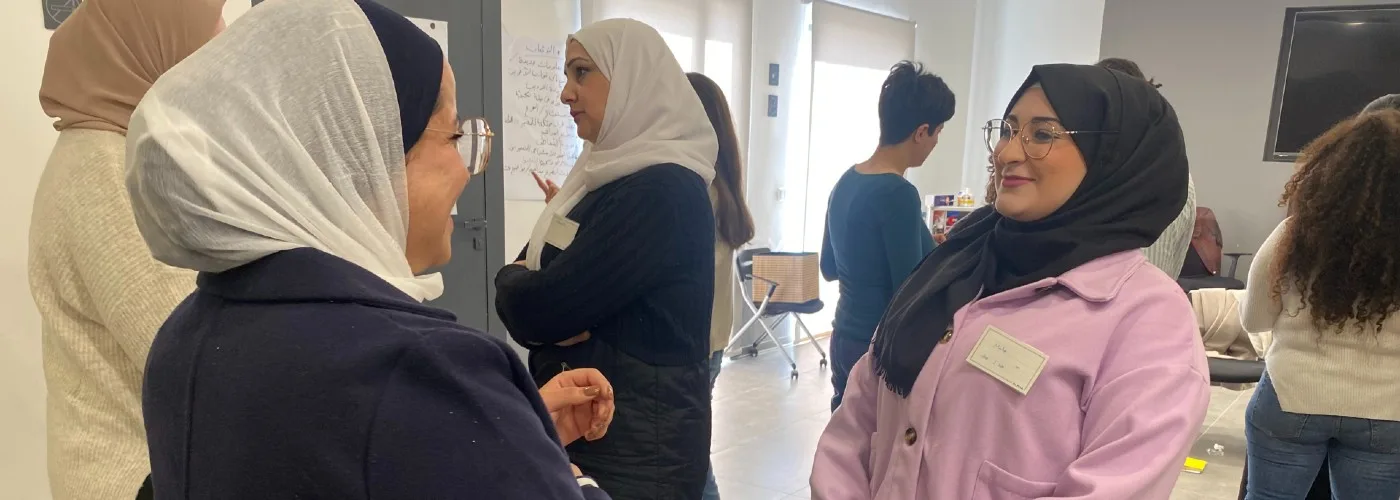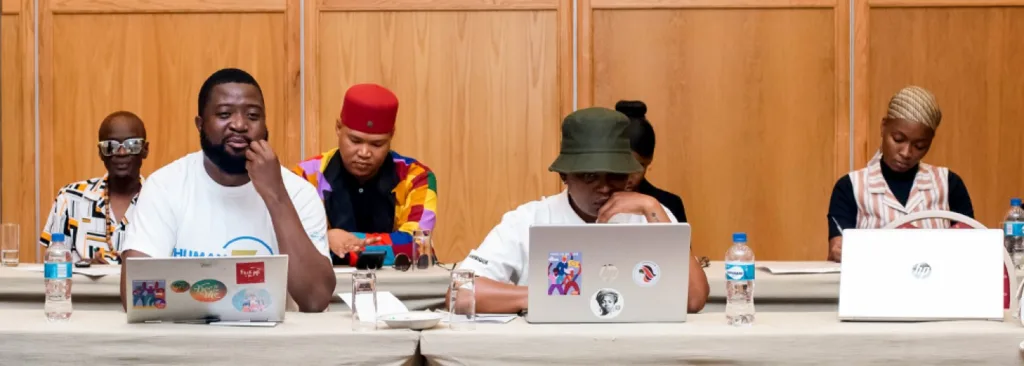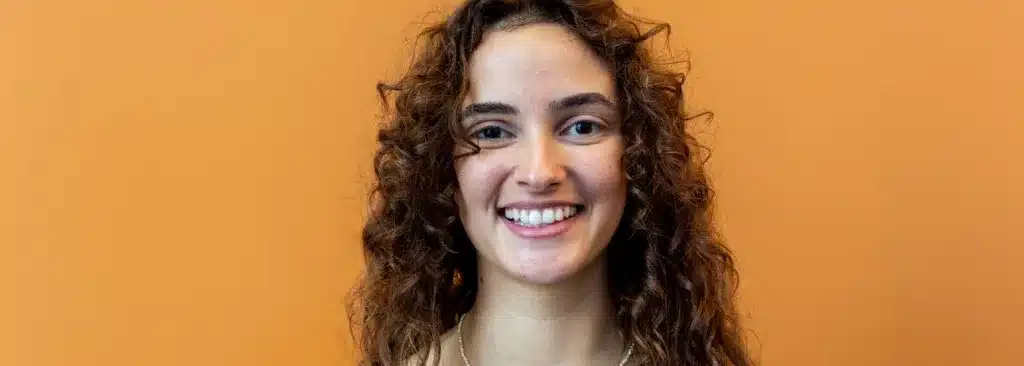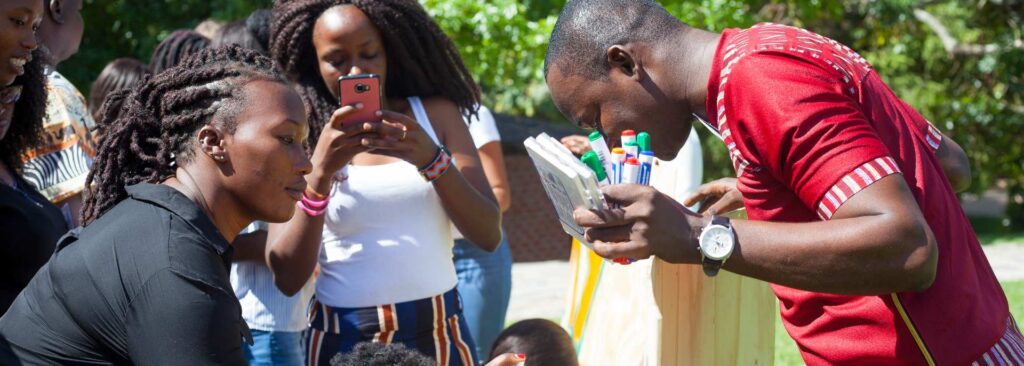The unprecedented violence in the occupied Palestinian territory*, particularly in besieged Gaza, is also taking a toll on women and girls in Jordan, our We Lead program reports.
By Fotouh Younes
The We Lead program strives to empower, strengthen and amplify the voices and position of young women whose sexual and reproductive health and rights (SRHR) are neglected the most. Jordan is one of the countries where we work. I work for Arab Network for Civic Education (ANHRE), We Lead’s host in Jordan, and I want people to know that the war on Gaza is also heavily impacting women in Jordan, where over half of the population is of Palestinian origin.
Women and girls experience the impact of conflict in a unique way. In Jordan, the violence and horrors in the occupied Palestinian territory are having effects that will extend far beyond the immediate crisis. Besides healthcare and SRHR needs, I see girls and women experiencing a complex web of mental health struggles, safety concerns, and a profound impact on their overall morale.
Even before the humanitarian crisis in the occupied Palestinian territory, our geopolitical context and economic uncertainties helped create the chaos that now shapes our daily lives. Increasingly, mental health is becoming a silent battle field for many young women in Jordan.
Sexual and Reproductive Health and Rights (SRHR) needs
As our We Lead program focuses on SRHR needs, it is becoming evident that the crisis complicates an already challenging situation. This is particularly true for social and healthcare workers and civil society organizations, who find themselves navigating a risky path to provide proper care for themselves and their rightsholders.
The disruptions in healthcare services, the strain on medical resources, and the psychological toll of living so close to the conflict compound the difficulties. There is an urgent need for comprehensive and sensitive care, also recognizing the unique and complicated challenges faced by those of us working with women during these times.
Increased needs and flexible response of We Lead’s CoA in Jordan
The toll taken on our rightsholders by the humanitarian catastrophe in the Gaza Strip and the increasing violence in the West Bank have also greatly increased the needs of the program. Thankfully, We Lead’s Community of Action Resilience Fund in Jordan has helped us support both frontline civil society actors and the rightsholders they serve. They are now receiving wellbeing and self-care training and individual supervision sessions.
Implemented by ANHRE in 2022 and 2023, the fund addresses the needs of diverse rightsholder groups working on sensitive issues within a complex context. It specifically supports the well-being and resilience of We Lead partners and CoAs by prioritizing team building and general wellness.
We Lead’s flexibility in responding to these challenges reflects our continuous commitment to address the evolving needs of young women amidst complex realities. Our promotion of mental health awareness within the We Lead program has fostered a supportive environment where young women can openly discuss their mental health concerns. Safety concerns, which further intensify challenges faced by young women in Jordan, are also being addressed by the safe spaces we have created within the We Lead program.
Our dream motivates and guides us
Our dream is for a world where young women can live freely without fear, stress, conflict or human rights violations. So as we collectively strive for a future where the voices of young women are heard and their rights respected, we are hopeful that our shared journey during these dark times will pave the way for positive change in Jordan and beyond.
* The occupied Palestinian territory: the West Bank, including East Jerusalem, and Gaza.




